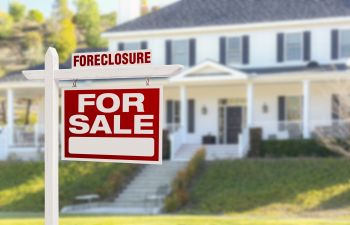Georgia lawmakers seek to criminalize foreclosure fraud

Last fall, foreclosures in Georgia and throughout the country came to a halt after complaints were raised against mortgage lenders, claiming that they regularly engaged in various methods of foreclosure fraud. Specifically, it was alleged that lenders “robo-signed” or otherwise falsified home foreclosure documents, which allowed them to speed up the foreclosure process at the expense of homeowners who were improperly foreclosed upon.
Initially, mortgage lenders voluntarily stalled their foreclosure processes while they investigated the claims against them. Most have since restarted foreclosures, denying that they were involved in any improper activity. Now, however, Georgia Attorney General Sam Olens is seeking to put protections and criminal sanctions in place to ensure that such foreclosure fraud never again takes place in the state.
Olens was the motivating force behind Georgia House Bill 237, which is expected to move from the House Judiciary Non-Civil committee to the full House of Representatives in the very near future. The bill seeks to improve upon the state’s mortgage fraud law, which was enacted in 1995 and which fails to set forth a sound definition of foreclosure fraud.
According to Olens, the bill makes the falsification of foreclosure documents a criminal offense, charging mortgage lenders who are caught backdating and otherwise falsifying documents with forgery. In addition, the bill will give Olens and other law enforcement officials more power to investigate alleged fraud and greater access to lender records.
While the banking community has largely supported the bill, executives have sought to make a few small changes in the language of the new law. For example, banks want to distinguish intentional fraud from simple employee mistakes.
Source: Atlanta Journal-Constitution, “Foreclosure fraud proposal moving quickly in House”, April Hunt, 27 February 2011







